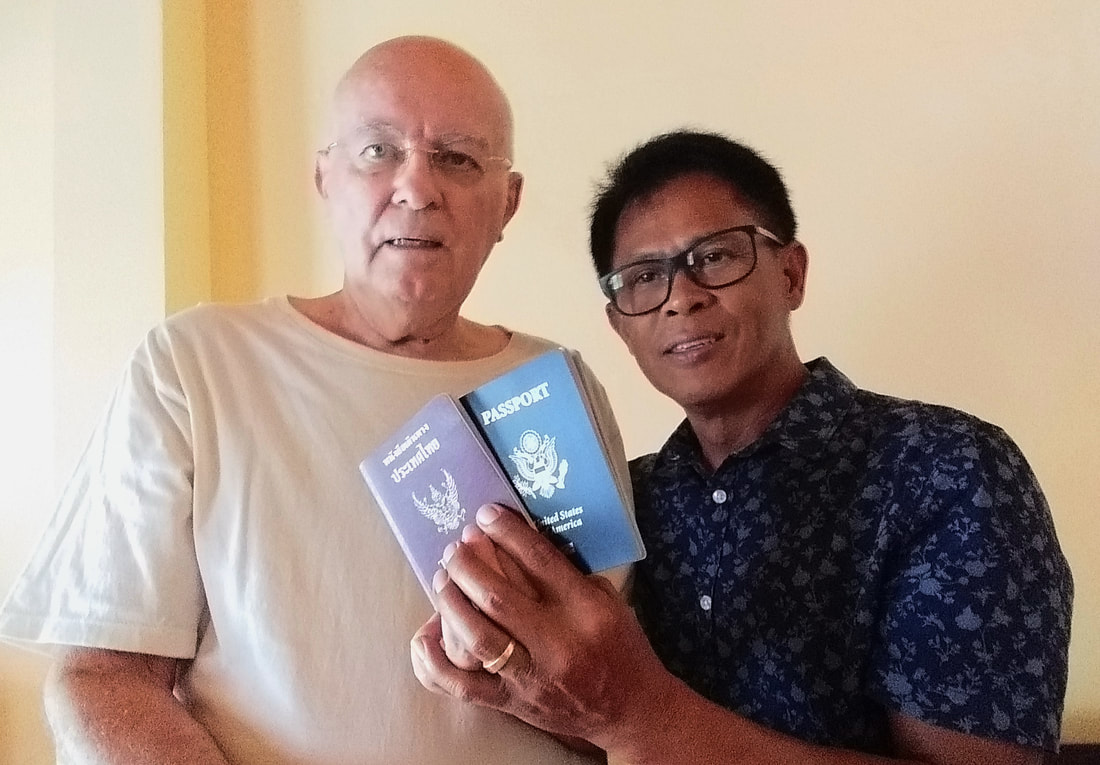|
ESSAY 2 ON SOCIAL ORDER
The “American Revolution” was fought over John Locke’s concept of the social contract that exists between the governor and the governed. Thomas Jefferson enunciated this most famously in the American Declaration of Independence. We hold these truths to be self-evident, that all men are created equal, that they are endowed by their Creator with certain unalienable Rights, that among these are Life, Liberty and the pursuit of Happiness. Locke and then Rousseau argued that people assent to be governed, that is to relinquish a certain amount of freedom in order to secure particular benefits, among which is an orderly society in which people can achieve their aspiration to the best of their ability and circumstances. It is the right of people to choose their form of government, these Enlightenment-era philosophers argued. They opposed the current concept that “Kings rule by Divine Right.” That is, that kings are appointed to their role by God. In non-European courts something akin to Divine Right was incorporated into the foundational concept. In Thailand, for example, there is a subtle but important lineage traced back through history to the mythic origins of the universe. The King is a minor divinity as of his coronation. Locke and Jefferson argued that there is nothing divine or natural about one form of government over another, and they can be replaced by the will of the people. It was the will of the people of the thirteen British Colonies to replace monarchical government with that of a federation of democratic republics (although the extent of federation was yet another difficult matter to be ironed out). His Majesty the King, Rama IX, reiterated (in one case specifically to educate his family) that Thailand is a constitutional monarchy in which the King is under the law along with everyone else. One of the less-prominently mentioned changes that have come following the ascendency of King Rama X is to revise the constitution and functions of the King to be unassailable, no longer theoretically reigning at the will of the people, but in response to the need for firm institutions. One basic contentious issue is whether people can legitimately choose to have a totalitarian form of government wherein personal freedoms are largely eliminated. That is the extreme on the right, so to speak. Those who would argue that such a form cannot be legitimate contend that it is both illusory in its self-justification and inevitably catastrophic in its outcome. On the other hand, such a form arises when a sufficiently large percentage of a population encourages or at least allows it to happen. The need for this group to suppress opposition through intimidation and force is considered expedient by those who support the totalitarian regime, and is considered proof of the illegitimacy of the regime by those who oppose it. Opponents think they take the high ground by pointing out that when personal freedoms are eliminated, the right to express opinions and agitate for a new social contract are among the rights that are lost. That automatically cancels the social contract. To be blunt, there is no contract when only one party is consulted. If a point comes where the voice of any party to the contract is silenced, the contract is null and void. Many of us have noticed that we are still engaged in what Lincoln called a great civil war testing whether the USA or any nation can survive that was conceived in liberty and dedicated to the proposition that all people are created equal. The form of battle has evolved from armed slaughter to civil protests and from issues of physical enslavement to matters of equal access to the benefits of life, liberty and the pursuit of happiness. But full achievement of lofty hopes is still beyond reach. In fact, we are still trying to establish how to carry on the battle. Are votes so totally manipulated as to be an impossible way for the people to reassert their voice? From time to time the results from elections and legislation are so frustrating that mass demonstrations are resorted to, and when those also fail armed violence is the next step. The list of countries where these cycles of peace and violence are repeated includes almost every country in existence. The dynamic seems to be movement from decentralized social order into more rigid and centralized order, presumably in response to some threat. As central authority grows more powerful, balancing forces are weakened or delegitimized. Eventually “the people” decide to re-describe “who we are” and re-draw the political borders and how to defend them. All of this is assumed in the prevailing social contract. An individual’s emotional preference does not essentially count, nor does one’s active protest dissolve the contract. But the collective will of the people to be governed counts for everything in a democracy (of whatever type), although not at all in an oligarchy (whether monarchical, militaristic, or economic). In Jefferson’s time in colonial America, at the time of the Thai Democracy Revolution against the monarchy in 1932, at the time of the Communist Revolution in Russia in 1917, and throughout the Freedom Movement of India against Great Britain, to name but 4, the issue has always been the right of the people to re-describe themselves and to choose how to limit their absolute freedom in order to secure a necessary amount of order. Blessed are you when your government is not too big and not too little, but just right. [The first essay in this series was published on June 5 entitled “Social Bond”. The next essay in about a month will be on “Social Ethics” and how society uses moral order to control people.]
0 Comments
Leave a Reply. |
AuthorRev. Dr. Kenneth Dobson posts his weekly reflections on this blog. Archives
March 2024
Categories |
| Ken Dobson's Queer Ruminations from Thailand |
|

 RSS Feed
RSS Feed
